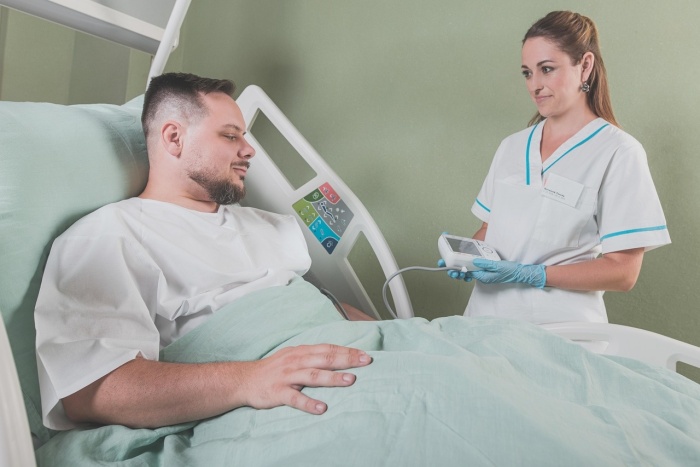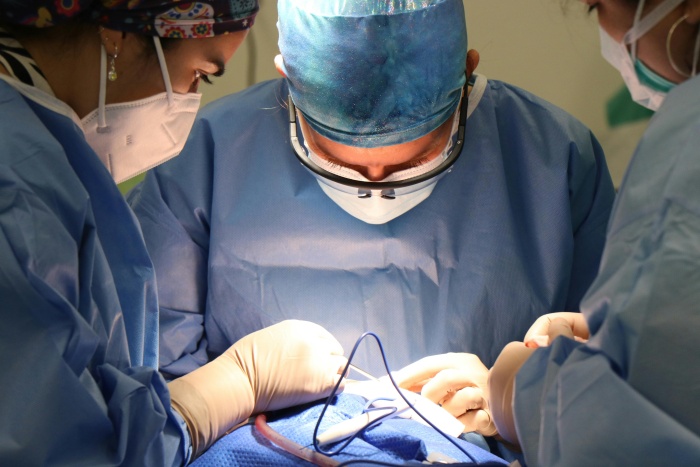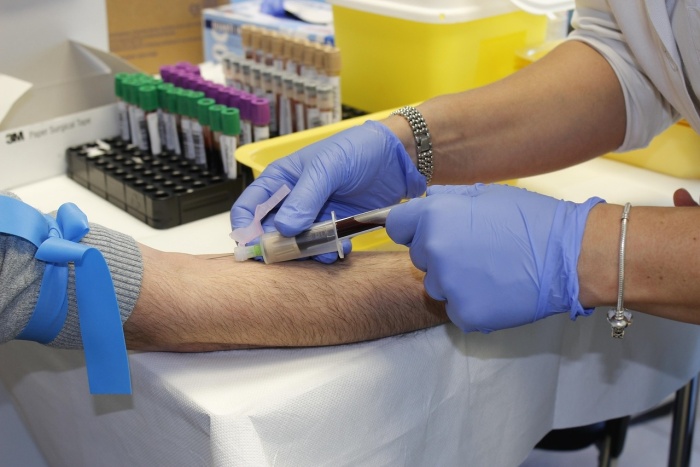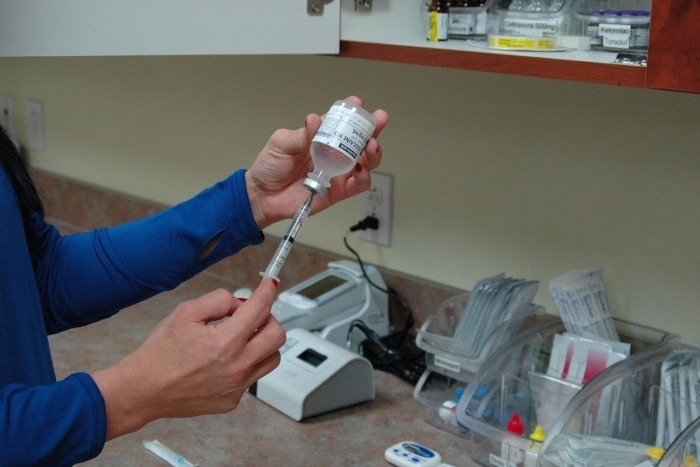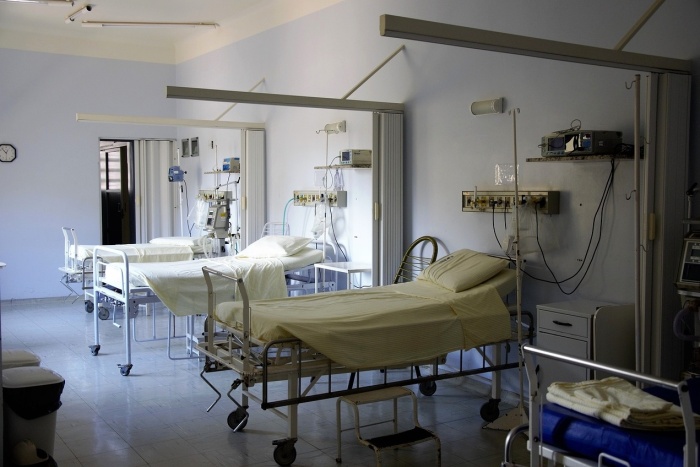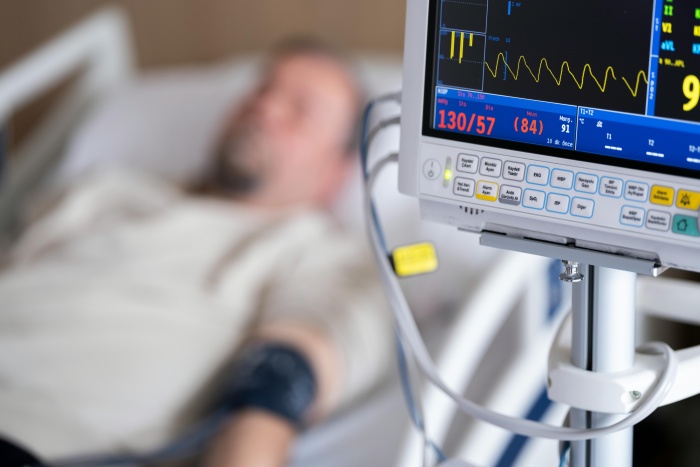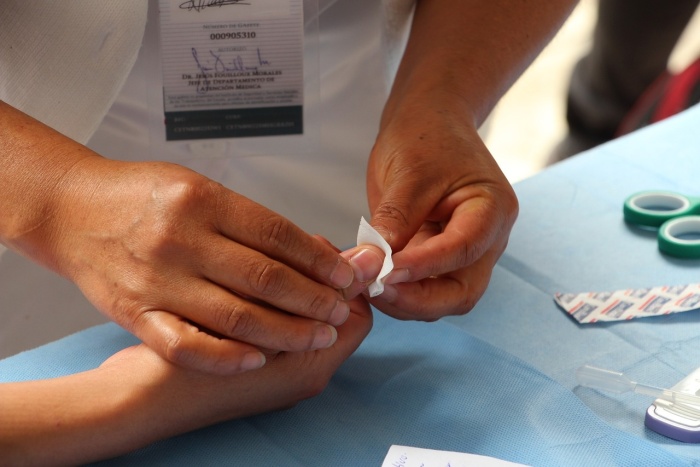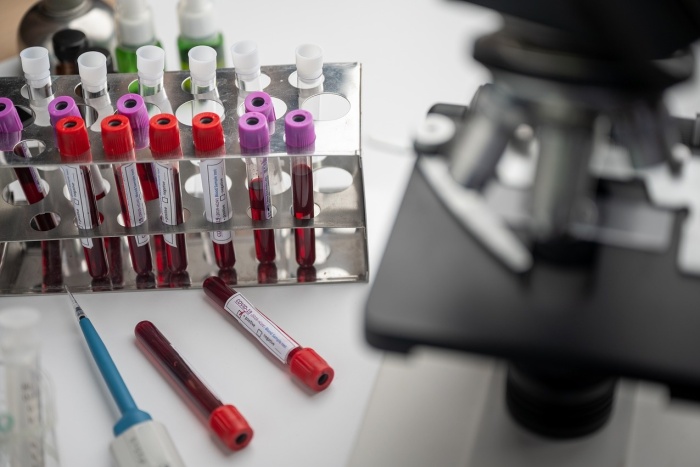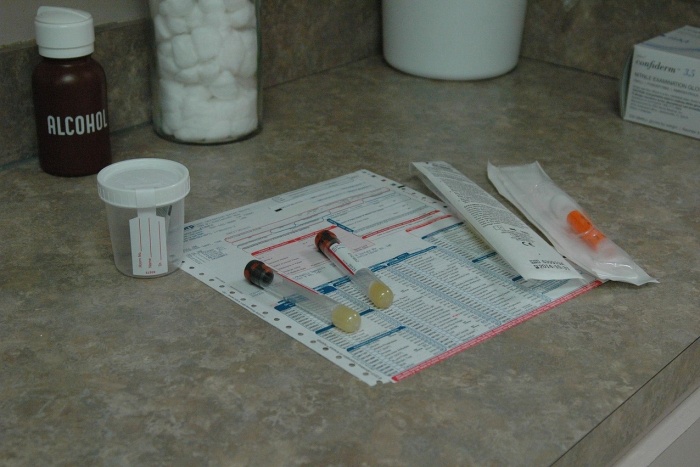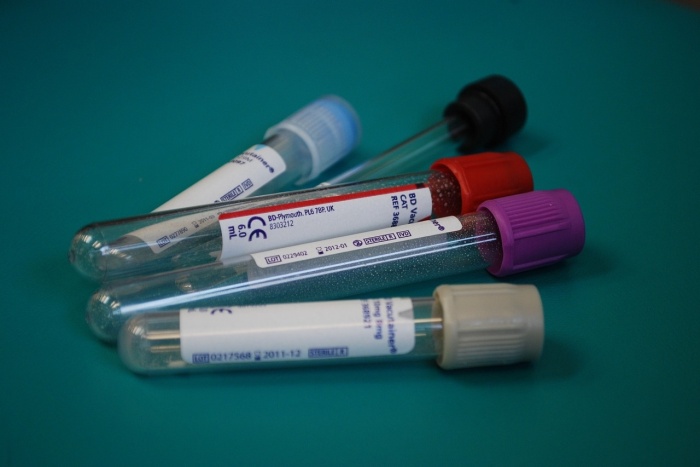Royal College of Nursing
Finding a suitable Continuing Professional Development (CPD) course for nursing requires thoughtful consideration of your career goals and current skillset. Begin by assessing the areas you'd like to specialise in or improve, such as advanced clinical skills, leadership, or patient care.
Research accredited providers to ensure the course meets professional standards and offers recognised credentials. The Royal College of Nursing offers a valuable resource with its forums, where fellow nurses share advice and recommendations for high-quality CPD courses.
Engaging in these discussions can help you identify programmes tailored to your professional needs while connecting you with peers who share similar development goals.
Study job adverts
Attain an understanding of the skills and qualifications most valued in your field. A great way to do this is by studying job adverts for roles you're interested in; these often highlight essential or desirable qualifications and training that employers seek. Look for patterns in the requirements, such as specific certifications in areas like infection control, palliative care, or advanced nursing practices. Once you identify common themes, search for CPD courses that align with these needs and consider whether the course provider is accredited, as this ensures the training meets industry standards.
Finally, choose a course format—online or in-person—that fits your schedule and learning preferences to help you stay engaged and maximise the benefits of your development.
